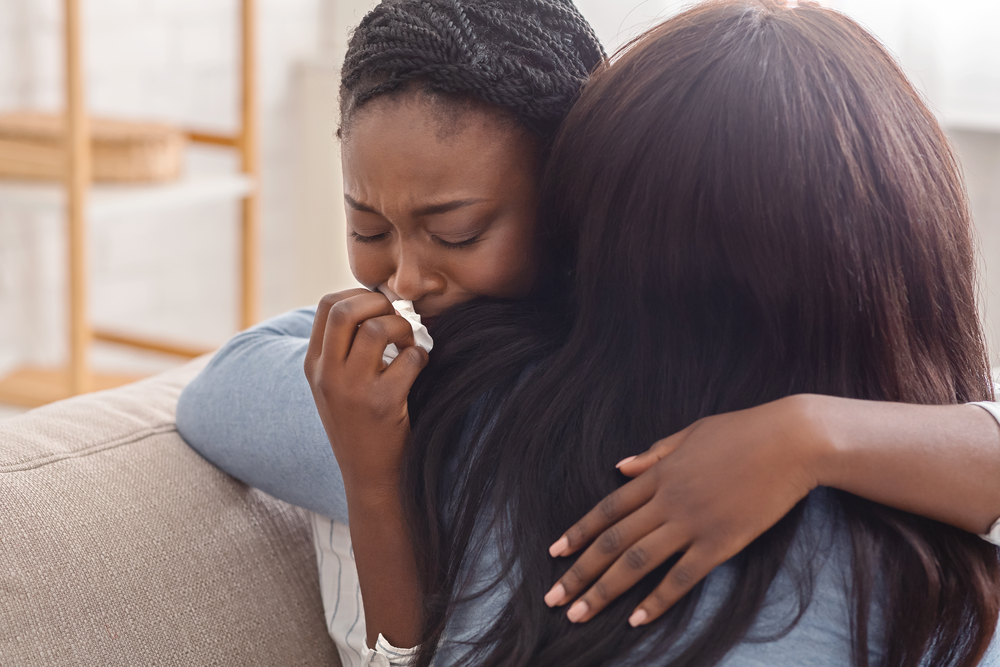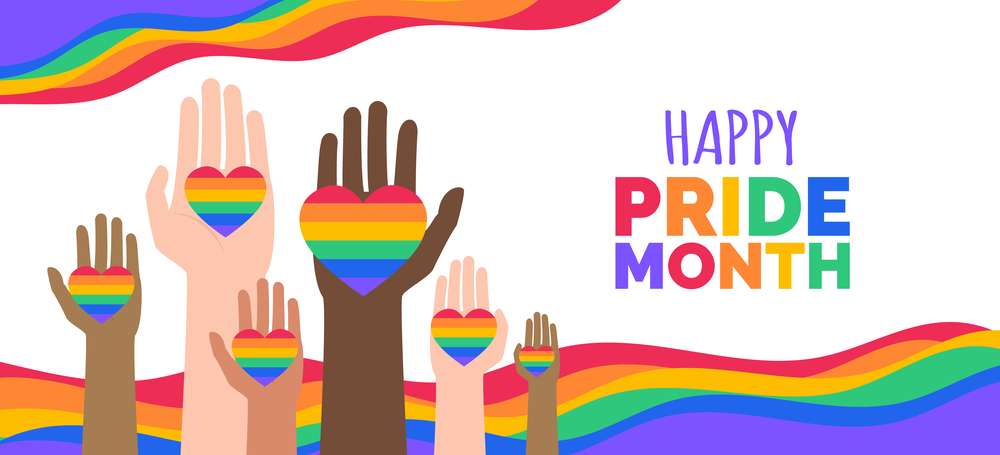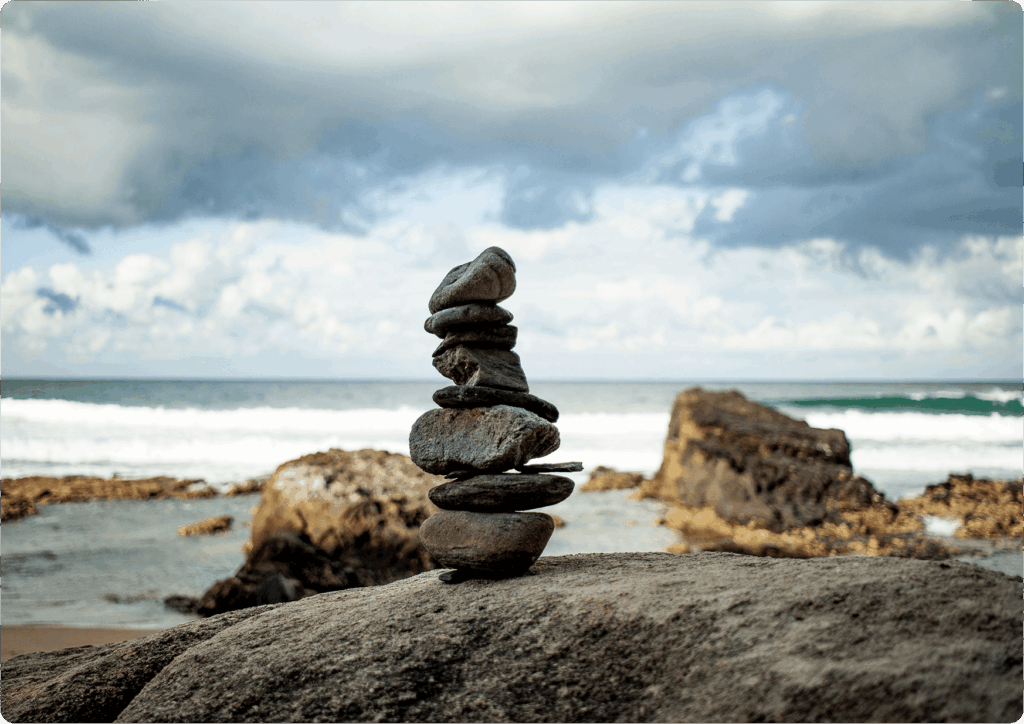Do you know what it means to grieve well? If you don’t, you’re not alone. Grief is one of those natural parts of the human experience that we generally try to keep our distance from, try not to think about and even try to avoid. That is of course, unless we are in the midst of grief, where the pain feels inescapable and it very well may be unavoidable.
To grieve well, means first and foremost, opening yourself up to feeling a great deal of discomfort, pain and heartache, which on paper, are relatable concepts. In real life however, grief hurts, it can gut you, hollow you out, clobber and mystify you.
Once we open ourselves up to such depth of feeling, learning how to make space for, to meet and grapple with and then taking time to process such feelings is the bulk of the journey. A journey we hope will have us land somewhere we can stand again, where the pieces of what life looked like before the loss are rearranged in at least, a tolerable if not a new life-promoting way, while honoring what or who is missing appropriately.
Three Main Blocks to Grieving Well
Even when we are in the midst of loss and grief, knowing what to do with grief when it shows up and how to grieve well isn’t always instinctual and we can still unintentionally contort ourselves in ways that prevent or block our grieving process by the following:
- Lack of Understanding of Grief. While we know of grief and that it exists we may not always understand fully what it is or be able to recognize what we feel as grief. Inability to recognize how grief shows up for us can block us from attending to it.
Grief is an instinctual, emotional and physiological response to loss that can have profound impact across all aspects of our being: emotional, cognitive, social, cultural, spiritual and philosophical. Confusion, depression, anxiety, sleep issues, episodic pain and cognitive processing issues can all emerge from unprocessed grief. Additionally, our relationship to and sense of time can shift and change and seem to enter a new dimension when grieving. - Underestimating the Value of Grief in Healing: A mentor said to me once, “We grieve as great as the loss” meaning the grief we feel is tantamount to the quality and value of the attachment to what or who we lost. When we don’t value and discount the role that grief plays in cementing what’s meaningful in our lives, we are more apt to grow impatient, place unrealistic expectations upon ourselves to “get over it and move on already” and end up stunting our process to heal.
- The Role of Self-Compassion in Healing. To grieve well requires gentleness, curiosity, patience and intentionally offering tender loving care towards ourselves. It means reducing expectations of ourselves to live up to regular everyday typical behaviors and energy expenditures. It means taking time to nourish your heart, soul and body. It means honoring the feelings as they emerge and not devaluing them or placing unrealistic expectations on ourselves. Self-compassion is not just a new age idea, it is an active, intentional way of managing our relationship with ourselves.
Practical Strategies for Overcoming Grief Blocks
I recently lost my mentor of 25+ years. When people asked how I was doing, instead of the canned, “I’m ok…” response, I replied with, “I’m sad, I’m taking care of my grief, moving about life a bit slower, and more gently so forgive me if I am not my usual robust self or seem a bit flakey.” I also trimmed down my schedule the best I could, I took walks in nature, I practiced more gentle yoga, I journaled and wrote a poem about her and I cried when I felt the urge to. I hold her close in my heart always.
Grief is painful, and it can run deep and destabilize your entire life. Grief is not exciting or sexy and it is seldom welcome. Yet, while universal, the grieving process can be complex and remains a unique journey for each and every individual and situation. Taking time to listen to, honor, explore and process your grief, taking time to grieve well is a gift you cannot afford to scrimp on for yourself.



